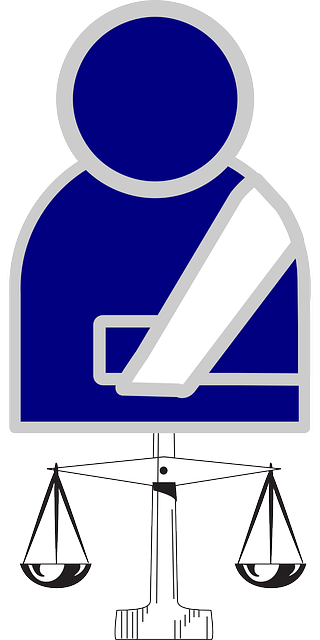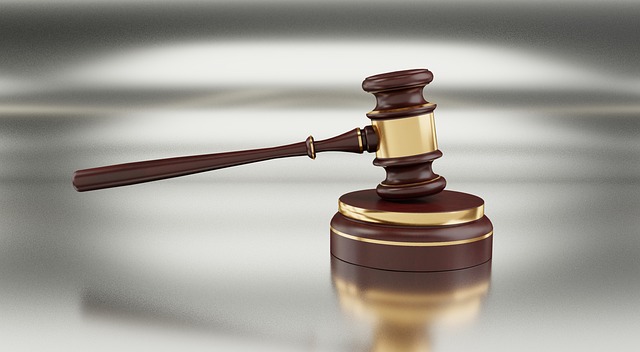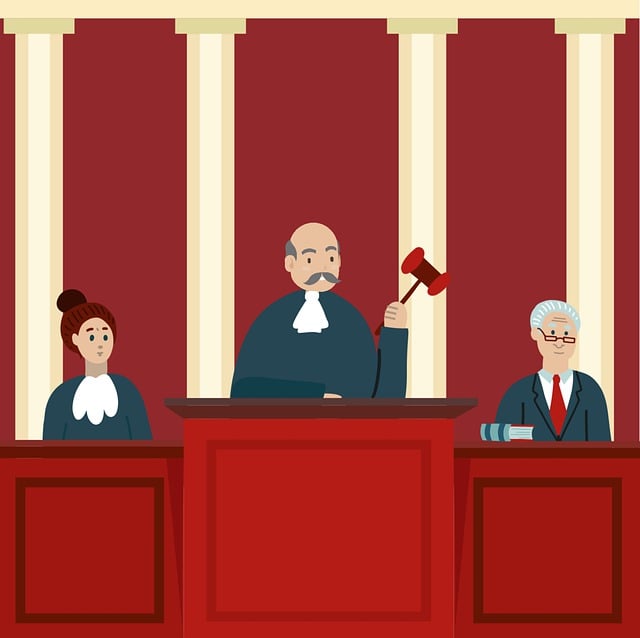A psychological injury lawyer is essential for navigating complex mental health claims, utilizing medical evidence to establish diagnoses, severities, and impacts on daily life. These specialists advocate for clients in insurance disputes, wrongful death suits, and commercial mental health service cases, ensuring fair compensation and ethical standards. Robust medical documentation, including diagnoses, treatment plans, and progress reports, is crucial for building strong cases, especially regarding invisible injuries that significantly impact life but are difficult to quantify.
In navigating complex mental health claims, medical evidence stands as a beacon of clarity. This article delves into the critical role of understanding and presenting compelling medical evidence in such cases. With mental health issues increasingly recognized, the expertise of psychological injury lawyers becomes indispensable.
We explore how these specialists guide clients through the legal landscape, ensuring fair compensation by meticulously compiling evidence to support their claims. From diagnosis to treatment records, every detail matters.
- Understanding Medical Evidence in Mental Health Cases
- The Role of Psychological Injury Lawyers
- Ensuring Fair Compensation with Compelling Evidence
Understanding Medical Evidence in Mental Health Cases

In mental health claims, medical evidence serves as the cornerstone for building a compelling case. It’s crucial for a psychological injury lawyer to present robust documentation that accurately reflects the client’s condition, including diagnoses, treatment plans, and progress reports from healthcare professionals. This evidence not only establishes the existence of a mental health injury but also its severity and impact on the individual’s daily life, which is essential in securing compensation for damages related to such injuries.
Understanding the nuances of medical evidence is particularly vital when navigating insurance disputes or pursuing claims involving defective products or auto accidents where mental health issues arise as a result. A competent psychological injury lawyer knows how to interpret this evidence and translate it into legal arguments that resonate with insurers, judges, and juries. This expertise ensures that clients receive fair compensation for their suffering and the resources necessary to recover and rebuild their lives.
The Role of Psychological Injury Lawyers

Psychological injury lawyers play a pivotal role in navigating complex mental health claims, ensuring individuals receive the support and justice they deserve. Their expertise lies in understanding the intricate nature of psychological injuries and their impact on a person’s life. These specialists are equipped to handle various cases, from personal injury claims resulting from traumatic events to wrongful death suits involving mental health professionals’ negligence.
In situations where insurance coverage disputes arise, psychological injury lawyers act as advocates, interpreting policy language and fighting for fair compensation. They also have experience managing commercial disputes related to mental health services, ensuring businesses adhere to legal requirements and ethical standards. Their insights into the latest research and diagnostic criteria enable them to present compelling cases, enhancing the chances of favorable outcomes for clients in both personal and professional settings.
Ensuring Fair Compensation with Compelling Evidence

In the pursuit of justice for mental health-related issues, medical evidence plays a pivotal role, especially when seeking compensation through legal channels. A psychological injury lawyer, armed with compelling evidence, can ensure that clients receive fair and adequate restitution for their suffering. This is particularly crucial in cases involving complex and often invisible injuries, where the impact on an individual’s life can be profound yet difficult to quantify.
A robust body of medical records, expert opinions, and well-documented treatment plans can make a significant difference in wrongful death claims or those related to medical negligence. Such evidence not only supports the client’s recovery but also serves as a powerful tool to challenge insurance companies and defendants, ensuring that the severity of psychological injuries is recognized and appropriately compensated.
Medical evidence plays a pivotal role in mental health claims, ensuring that individuals receive fair compensation for their psychological injuries. Psychological injury lawyers are essential navigators in this complex landscape, utilizing compelling evidence to advocate for their clients’ rights. By understanding the significance of medical documentation and expert opinions, these specialists can help claimants secure the support and recognition they deserve, ultimately fostering a more comprehensive approach to mental health litigation.






